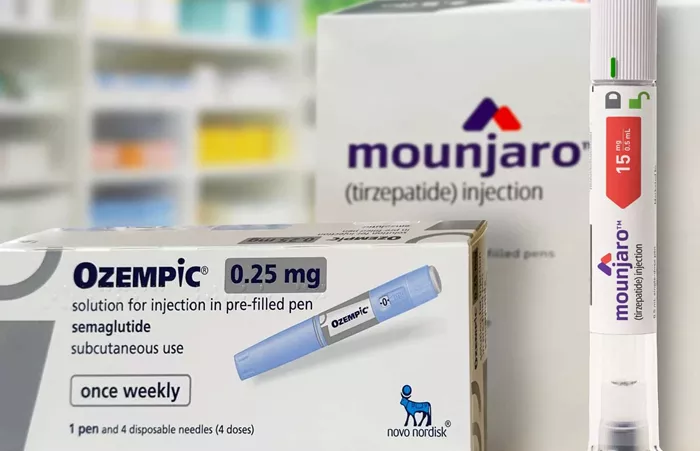A recent report underscores that the economic impact of obesity far exceeds the cost of new weight-loss medications, suggesting that governments should focus more on prevention strategies. The research highlights how the financial burden of obesity, including healthcare expenses and productivity losses, dwarfs the cost of treatments such as the diabetes drug Ozempic and the weight-loss injection Wegovy.
The global obesity crisis has led to spiraling healthcare costs and significant productivity losses. According to the report by ING Bank, shared with the Guardian, the cost of treating obesity-related health issues is considerably higher than the cost of weight-loss medications in several European countries. For instance, in the UK, Germany, and the Netherlands, the annual expenditure on the diabetes drug Ozempic is less than the additional healthcare costs associated with obesity. Although Wegovy is more expensive, its cost is still overshadowed by the overall economic impact of obesity.
The report reveals that obesity-related healthcare costs in the UK amount to £100 billion annually, with £19 billion covered by the NHS. This figure translates to approximately €1,700 per person per year in healthcare costs, compared to higher amounts in Germany, the Netherlands, and the US. A year’s supply of Ozempic costs £830 in the UK, while Wegovy costs £2,760. The prices are notably higher in the US, where Wegovy can reach up to $14,500 per year.
Obesity is associated with various health issues, including cardiovascular diseases, joint problems, and diabetes, all of which contribute to high treatment costs. The analysis from ING highlights that healthcare expenses represent about a quarter of the total cost of obesity, with the remainder including productivity losses and personal costs. Diederik Stadig, a healthcare analyst at ING, emphasizes that if weight-loss drugs prove effective in the long term, they could reduce productivity losses and improve overall quality of life, potentially saving both individuals and society significant amounts of money.
Despite the current high costs, Stadig anticipates that drug prices may decrease as more treatments enter the market. However, he cautions that the long-term efficacy of these drugs remains uncertain. Studies indicate that discontinuing the medication semaglutide, the active ingredient in Ozempic and Wegovy, often leads to substantial weight regain. Additionally, side effects such as nausea and stomach pain can lead many patients to stop using the drugs.
In response to the obesity crisis, Stadig advocates for more robust government measures. He suggests using VAT to promote healthy eating by reducing or eliminating taxes on vegetables and increasing taxes on fast food. This approach could complement existing weight-loss treatments and contribute to a broader strategy for obesity prevention.
The report sheds light on the economic disparity between the costs of obesity and weight-loss treatments, reinforcing the need for comprehensive prevention strategies. While weight-loss drugs offer significant benefits, their high cost and potential side effects underscore the importance of proactive measures, including policy changes to encourage healthier lifestyles. As the global obesity epidemic continues to escalate, addressing both treatment and prevention will be crucial in mitigating its impact on public health and economic stability.
Related topics:
- Ozempic vs. Mounjaro: What’s the Difference ?
-
Best Dietary Supplements for Women’s Weight Loss:A Comprehensive Guide


